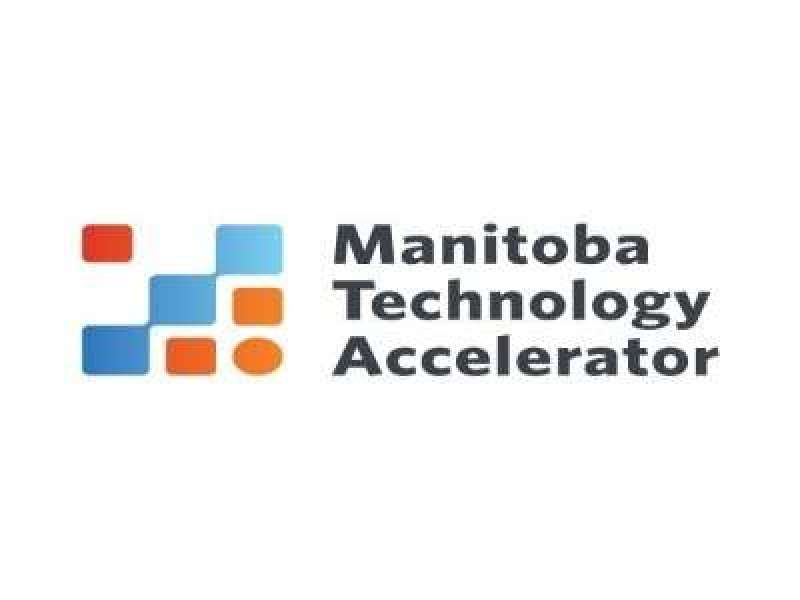The Manitoba Technology Accelerator (MTA) together with its angel investor network, the Manitoba Knights, are injecting close to $1 million into two Manitoba companies with well-developed technologies and clearly identified global markets.
Thanks to a steady revenue stream from its participation in the federal government’s Startup Visa program, the MTA has cash of its own to invest.
The recipients of the recent cash infusion — Cubresa and Power HV — both have the potential to become $100-million companies according to MTA’s chief executive, Marshall Ring.
Cubresa makes PET (positron emission tomography) units for brain scans that can be installed in existing MRI (magnetic resonance imaging) machines.
Power HV makes patented high-efficiency bushing used in electrical transmission infrastructures as well as sensors that are about one-tenth the price of existing sensors used in electrical grids. The company has a manufacturing operation in Reston, Man.
Both companies already have customers lined up with revenue already established or just about to. Power HV is generating revenue in South Africa where its founders were based until moving to Manitoba a couple of years ago and Cubresa has shipped its first $1-million unit and has a couple more sales booked.
After becoming one of the federal government’s designated organizations to deliver the Startup Visa (SUV) program the MTA, a not-for-profit entity, now has a total of 350 active clients from the program under contract and a growing balance of surplus cash in its bank account.
MTA is now planning to use that cash to invest in its homegrown startups alongside the successful angel network which has been providing seed and growth capital for MTA’s homegrown companies for a few years now.
In a busy year-end spurt of activity MTA invested $400,000 in both Cubresa and Power HV and a pitch to the Manitoba Knights for the same amount was oversubscribed in both cases.
The two companies plan to use the capital raised to scale up production.
"These investments are to be used to scale up manufacturing," said Ring. "It’s not for research. This is growth capital for both companies."
The distinction is significant in that the technology has already been developed and proven out and customers have been identified.
Cubresa, which expects to grow from 14 employees to 35 by the end of 2022, has been developing its technology for close to five years. During that time it introduced a smaller version of the unit targeted at small animals used in the pre-clinical research labs.
James Schellenberg, the CEO of Cubresa, said his technology offers "the highest spatial resolution of the brain that you can get from this the type of imager."
The company’s strategy always was to start with small animals and grow into the human market. Along the way the company has succeeded in raising angel capital a few times.
"Cubresa has raised money on a few occasions," Schellenberg said. "Manitobans have been very good to Cubresa."
While the enthusiasm from the angel network is indicative of the commercial potential for both companies — Power HV has a joint venture with a South African engineering firm that is already generating profits for the company and pilot demonstrations for the national grid in India and China have been scheduled in the new year — the fact that MTA is also able to directly provide growth capital is a potential game-changer for the Manitoba startup ecosystem.
Ring said the plan is to invest a total of $2 million by the end of 2022 including these first two placements.
"Right now we are cash and asset rich based on the success of our operations and we plan to invest it all back into the community," Ring said.
The funds it is investing comes straight from MTA’s bank account that has grown over the past few years through its success in attracting potential immigrants with startup business concepts.
MTA receives a fee from service from the 350 startup visa clients it currently has, many of whom have not yet been able to move to Manitoba. (They can’t come to Canada until they have work permits.)
MTA is marketing its services in the startup visa program on a national basis and while many of them may end up starting their businesses elsewhere in the country, Ring figures at least 10 per cent will settle in Manitoba.
"We’re trying to collaborate with the province and the federal government to make that number go to 30 to 40 per cent," he said. "We’re homers. We want the companies here so we’re trying to figure out how to make Winnipeg the most attractive choice. Imagine what 100 new companies per year would do for the economy in Manitoba."
